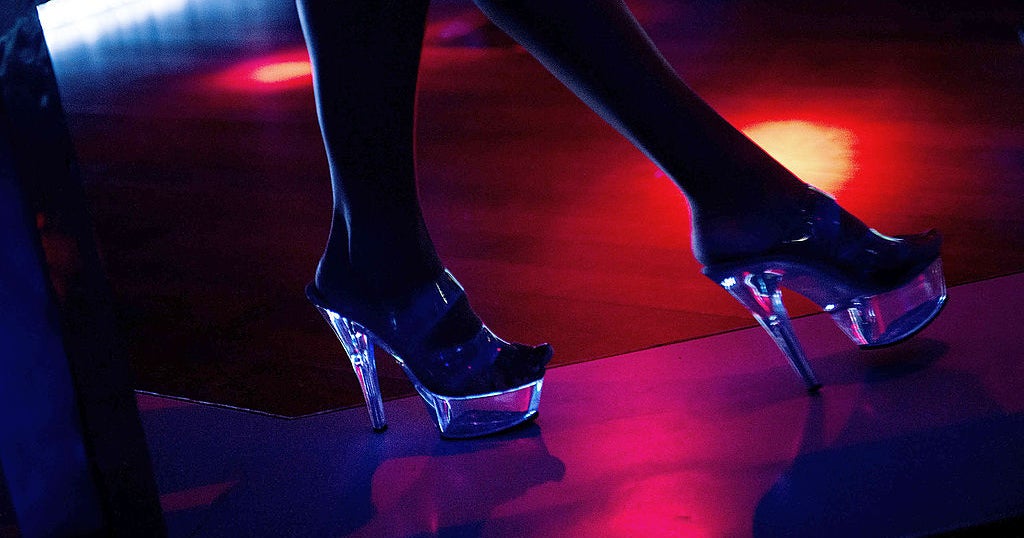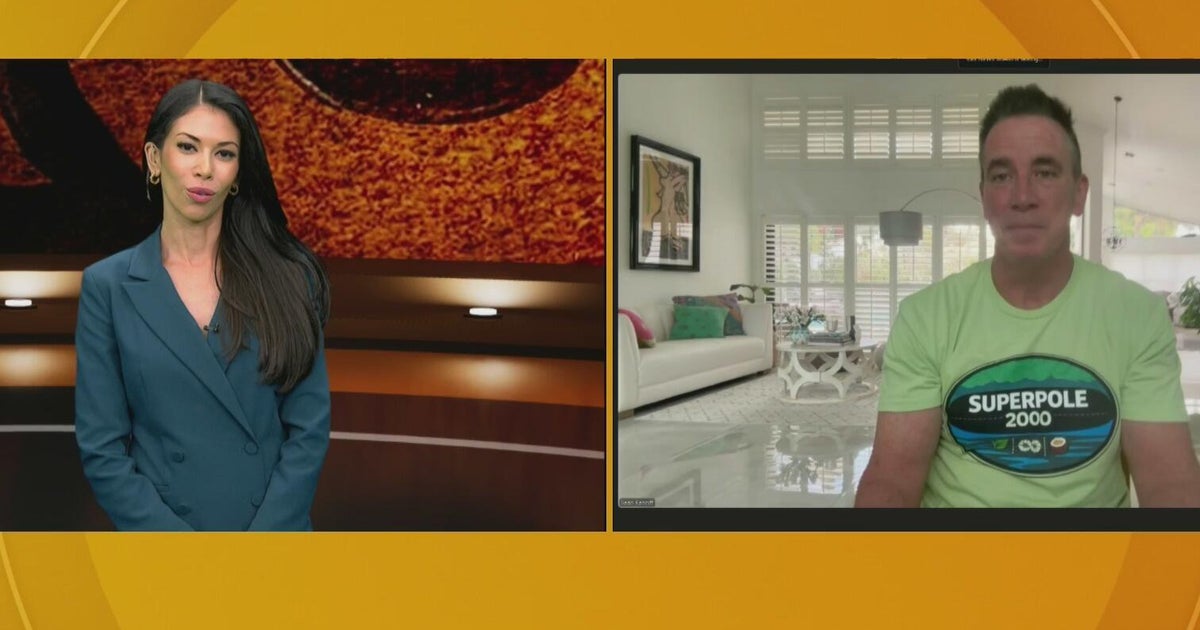TALLAHASSEE — Pointing to efforts to curb human trafficking, Attorney General Ashley Moody’s office Friday urged a federal judge to toss out a constitutional challenge to a new Florida law that prevents strippers under age 21 from performing in adult entertainment establishments.
Lawyers in Moody’s office filed a 35-page motion to dismiss a lawsuit filed in July by operators of two nude-dancing establishments, a dancer and a retail store that sells adult-oriented items. The lawsuit primarily alleges that the ban on workers under 21 violates First Amendment rights.
But the state’s motion Friday disputed the arguments, saying, in part, that the law (HB 7063) “is narrowly drawn to further the state’s legitimate interest of protecting this vulnerable age group from human trafficking.”
“The statute furthers an important or substantial governmental interest unrelated to the suppression of free expression,” the motion said. “The statute is part of a larger bill designed to combat human trafficking. The statute prevents persons aged 18 to 20 from working in these establishments because this age group is vulnerable to the exploitation of human trafficking. It does not prevent adult entertainment establishments from hiring nude dancers, employees, and contractors altogether.”
But the lawsuit said the Legislature did not “consider any alternative forms of regulation which would burden First Amendment rights less severely; that is, the Legislature made no effort to solicit information in support of a more narrowly tailored law.” Also, it said the state had not shown a connection between human trafficking and adult entertainment establishments.
“HB 7063 does not actually target human trafficking or the individuals responsible for those criminal acts,” the lawsuit said. “Instead, it regulates only the potential (if unlikely) victims of trafficking and only the subset of potential victims who are actively engaged in speech activities. The state considered no evidence or studies supporting the notion that human trafficking is associated with adult entertainment establishments or that trafficking is more common in such establishments; or, to the extent that such information was considered, it consisted of shoddy data which is insufficient to support the asserted government interest.”
The lawsuit was filed by operators of Cafe Risque, a nude-dancing establishment in Alachua County; operators of Sinsations, a nude-dancing establishment in Jacksonville; Serenity Michelle Bushey, who performed at Cafe Risque but is barred by the law from working there because she is under 21; and Exotic Fantasies, Inc., which operates a retail store in Jacksonville.
While most of the attention on the law has focused on strippers, it also prevents adult entertainment establishments from employing other workers under the age of 21. That includes workers at retailers such as Exotic Fantasies, which does not have dancers.
“HB 7063 prohibits Café Risque, Sinsations and Erotic Fantasies from contracting with and employing individuals of their choosing to assist in the production, promotion and dissemination of their First Amendment protected communications,” said the lawsuit, filed by Gary Edinger, a longtime First Amendment attorney in Gainesville. “All of the plaintiffs’ speech rights have been chilled now, and in the future, as they risk prosecution and the loss of their livelihoods, if they continue to engage in the kind of speech to which the state of Florida objects; to-wit: exotic dance performances and the sale of adult retail goods.”
The Legislature passed the law in March, and Gov. Ron DeSantis signed it in May. The law, which took effect July 1, includes second-degree felony charges for people who employ or allow dancers under 21 to perform nude in the establishments.
“While plaintiffs Café Risque and Sinsations will no longer be permitted to promote and produce entertainers between the ages of 18 to 20, these businesses are still permitted to promote and produce entertainers,” the state’s motion Friday said. “Removing 18-to-20 year-olds from their lineup serves a substantial governmental interest which is not substantially broader than necessary while allowing for reasonable alternative avenues of expressive conduct. Bushey also has reasonable alternative avenues of communication at other establishments that are not adult entertainment establishments, such as bikini bars which are not included in the definition of adult entertainment establishments.”
The lawsuit names as defendants Moody, State Attorney Brian Kramer, who prosecutes cases in Alachua County, and State Attorney Melissa Nelson, who prosecutes cases in Jacksonville. In addition to disputing the First Amendment arguments, Moody’s motion Friday also argued that she is not a proper defendant because she does not have enforcement authority over the law.
The case is assigned to U.S. District Judge Allen Winsor.




